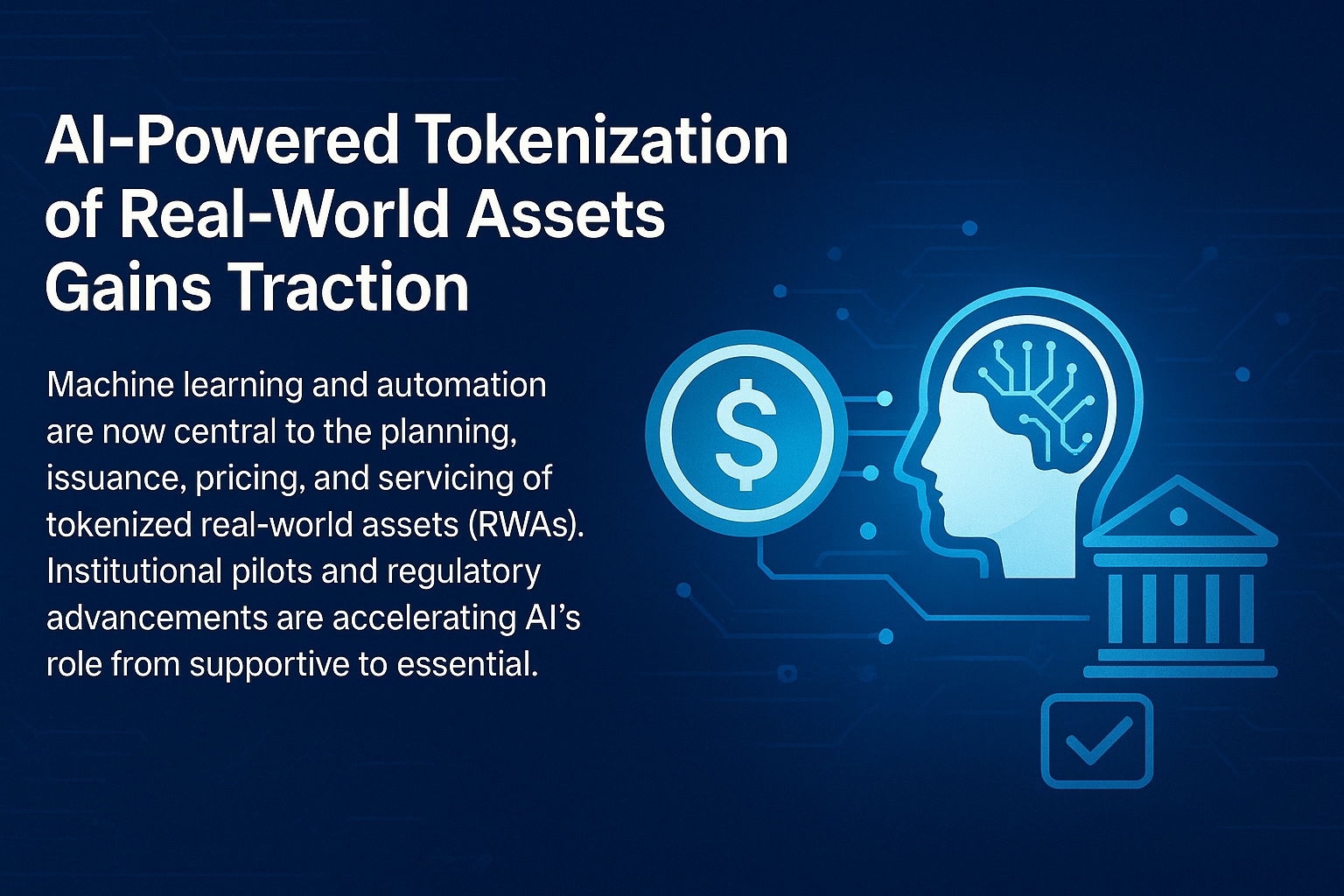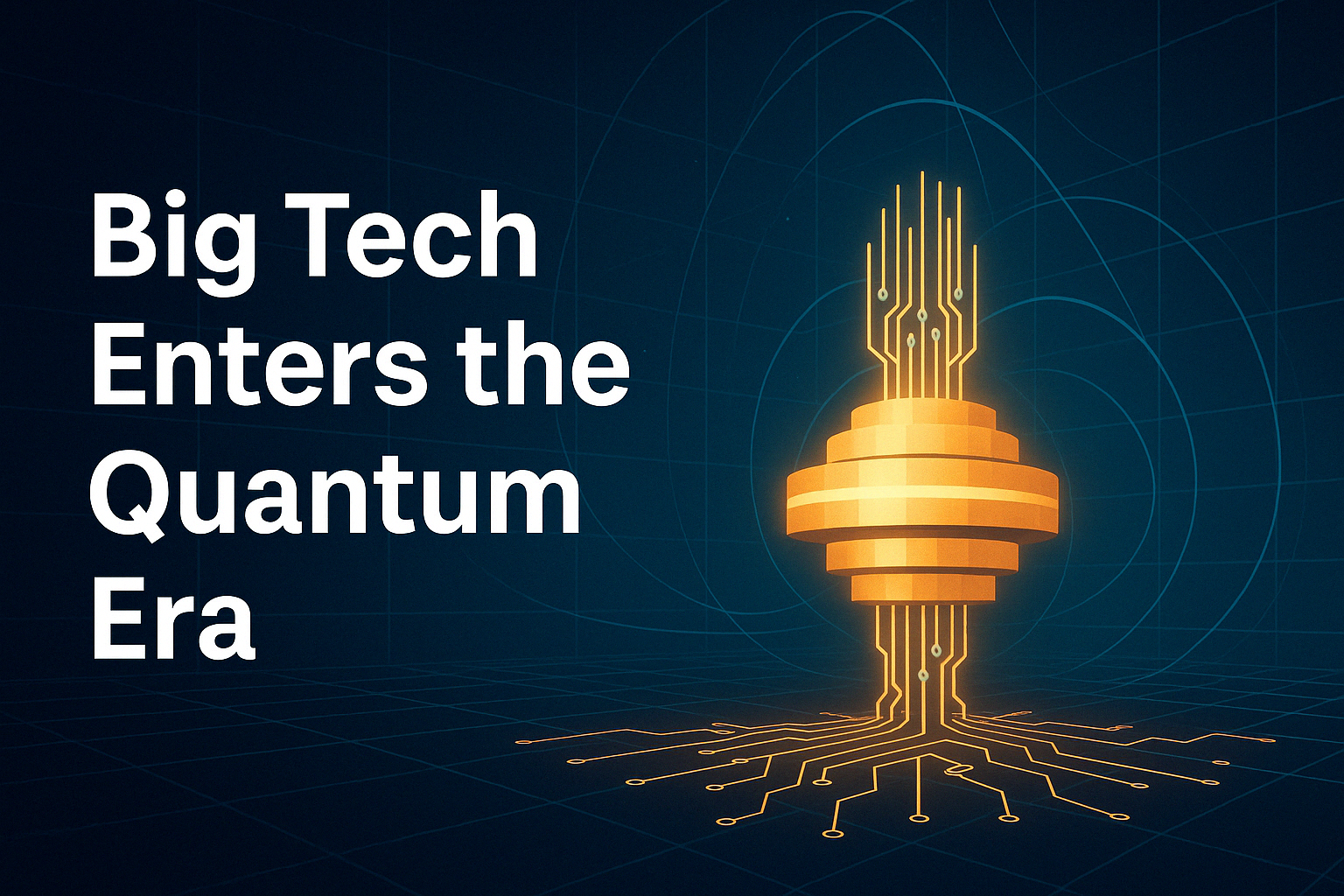The convergence of artificial intelligence (AI) and blockchain-based tokenization is redefining how institutions approach real-world assets (RWAs). Once viewed as a complex and experimental process, tokenization is now entering a more mature stage, with AI acting as both a catalyst and a cornerstone of adoption. From issuance and pricing to ongoing servicing, machine learning and automation are becoming central in enabling scale, efficiency, and transparency.
From Supportive to Essential
Historically, AI was applied to tokenization as a supportive tool—an add-on that could improve certain processes such as data validation or risk assessment. Today, AI is stepping into an essential role. Institutional pilots and regulatory advancements are accelerating the use of AI-driven systems to streamline compliance checks, automate valuation models, and ensure more accurate secondary market pricing.
For example, machine learning models can process vast datasets—from real estate valuations to commodity pricing—and deliver real-time insights that help institutions determine fair issuance values for tokenized assets. This automation not only reduces human error but also enhances liquidity and investor confidence.
Efficiency and Scale for Institutions
As institutions explore tokenization pilots, the key challenge has been scalability. Traditional manual methods of assessing, issuing, and managing assets often bottleneck large-scale adoption. AI changes this dynamic by automating time-intensive tasks. Smart algorithms can evaluate the quality of collateral, forecast demand, and even anticipate risks—enabling faster turnaround and more efficient allocation of resources.
Additionally, regulatory compliance—one of the biggest hurdles to institutional participation—can be streamlined through AI systems that monitor transactions, detect anomalies, and automatically flag potential violations. This not only reduces costs but also ensures adherence to evolving legal frameworks.
Building Trust in Tokenized Markets
One of the most critical roles AI plays is in fostering trust. Tokenized markets depend on transparency and reliability, yet many investors remain cautious about new asset structures. By leveraging AI-powered audit trails, predictive analytics, and natural language models that explain complex data, institutions can provide stakeholders with confidence in both the integrity of assets and the security of transactions.
Looking Ahead
The integration of AI and tokenization is not just about efficiency—it’s about transformation. As technology providers such as Zoniqx and others advance solutions that marry machine learning with blockchain, institutions are beginning to treat AI not as a luxury, but as a requirement for participating in tokenized markets.
Over the next few years, the combined momentum of AI innovation, regulatory clarity, and institutional participation will likely accelerate tokenization beyond pilot projects into mainstream adoption. This evolution could unlock trillions in global capital, democratizing access to assets while reshaping the foundations of financial markets.




